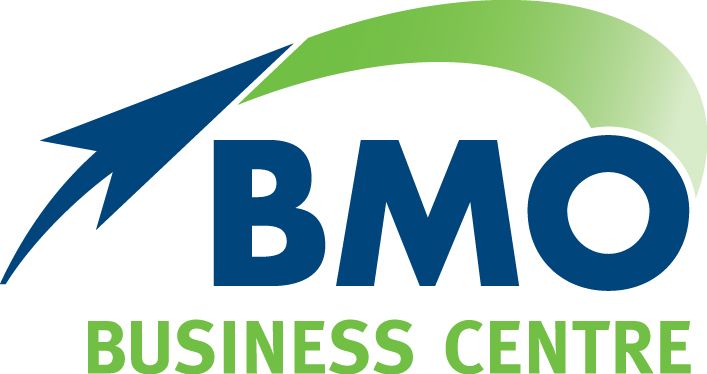What are some investment options outside of super
When it comes to investing, you have two options – inside or outside of super.
Super, being a longer-term investment designed to fund your retirement, comes with a number of advantages such as being lightly-taxed (which can mean, more money to invest in your financial future) but does have some constraints including not being able to access your super, generally, until you have reached retirement.
While super is a popular option for many, there are also a number of investment options to consider outside of super – you just need to find a mix that fits your needs.
Managed Investments
While you’ve probably heard of managed funds, there are other types of managed investments such as managed accounts and Exchange Traded Funds (ETFs). The main appeal of managed investments is that they take the hard work out of selecting which assets to buy and sell and when to do it – a professional investment manager can do so for you. Like all other investments, however, there are risks associated with the above. In addition to the risks that apply to investing generally, for managed investments specifically, risks also include the possibility that the investment manager may not perform as expected against their respective benchmarks.
Here are the types of managed investments you could consider:
Managed funds – investment vehicles where the money contributed by a large number of investors is pooled and managed as one overall portfolio by a professional investment manager. Investors purchase units in the fund, which entitles them to an interest in a pool of assets with the unit holders.
Managed accounts – these are similar to managed funds, except that instead of owning an interest in a pool of assets, a portfolio of assets is bought specifically for you (which makes you the beneficial owner of all the assets in your portfolio). This also means they can be more tax efficient.
Exchange Traded Funds – ETFs are listed on the share market, which means they can be bought and sold like shares. They also allow you to invest in a range of asset classes or sectors.
Cash investing
It’s no surprise that many may be tempted to stash their cash in an account – doing so gives you the ability to access your money at short notice. Your money can also usually be accessed with low, or potentially zero fees applying to withdrawals (except in some cases, for example, early access to term deposits). Keep in mind though, in the investment world, lower risk can mean lower returns, and the key downside of cash is that your money won’t generate capital growth (so unless you earn more than the rate of inflation, after tax, and reinvest those returns, inflation can lower the purchasing power of your money).
Investing in shares
As an investment, shares have lower and fewer upfront costs, which is why they’re quite popular among investors. There are no ongoing costs and depending on the share you choose to invest in, shareholders can earn regular income through dividends as well as enjoying the potential for long-term capital growth. Having said that, it’s important to understand that share prices rise and fall and the payment of dividends and the return of capital are not guaranteed.
As mentioned above if you aren’t sure which shares to add to your portfolio, remember you can choose managed funds, managed accounts or ETFs where you pick the type of portfolio that suits your investment goals.
Investing in property
Over time, a well-located property could generate long-term growth and income returns. Another major appeal of owning property is its perceived stability relative to the share market, where values can vary as a consequence of how easy it is to buy and sell shares. A property investment, on the other hand, can give you a tangible asset that delivers a sense of investment security as well as capital growth.
Keep in mind, however, that the upfront costs of property can be significant, with stamp duty, legal fees and optional costs, such as pre-purchase pest and building inspections, potentially adding roughly 5% extra onto the property’s purchase price. And while the tenant too wears some of the property costs, related to direct usage, it’s the landlord who generally pays the majority of costs such as repairs, maintenance and insurance, which is why property is generally regarded as a longer term investment.
Source: BT
The information in this article does not take into account your objectives, needs and circumstances. We recommend that you obtain investment and taxation advice specific to your investment objectives, financial situation and particular needs before making any investment decision or acting on any of the information contained in this document. Subject to law, Capstone Financial Planning nor their directors, employees or authorised representatives gives any representation or warranty as to the reliability, accuracy or completeness of the information; or accepts any responsibility for any person acting, or refraining from acting, on the basis of the information contained in this document. Principal Wealth Management Pty Ltd trading as BMO Financial Solutions ABN 53 109 336 601 is a Corporate Authorised Representative (CAR 277821) of Capstone Financial Planning Pty Ltd ABN 24 093 733 969 Australian Financial Services Licence (AFSL) No. 223135.
The post What are some investment options outside of super appeared first on BMO Accountants.


